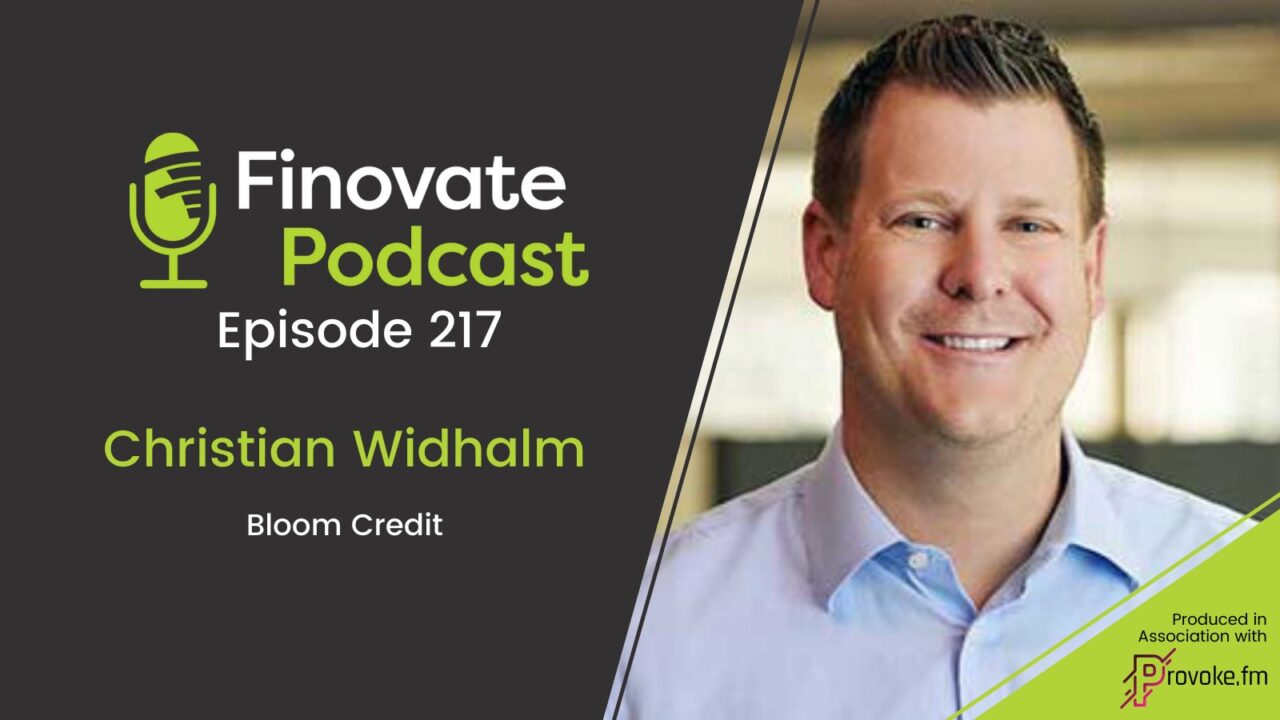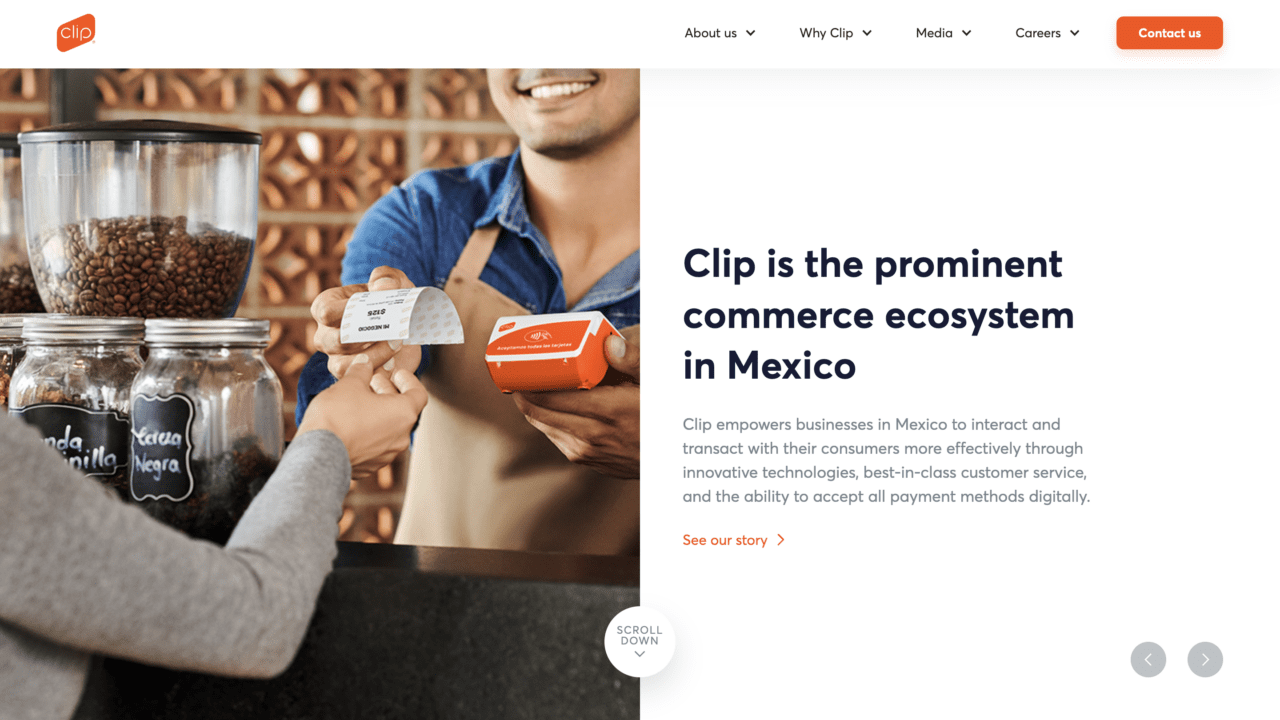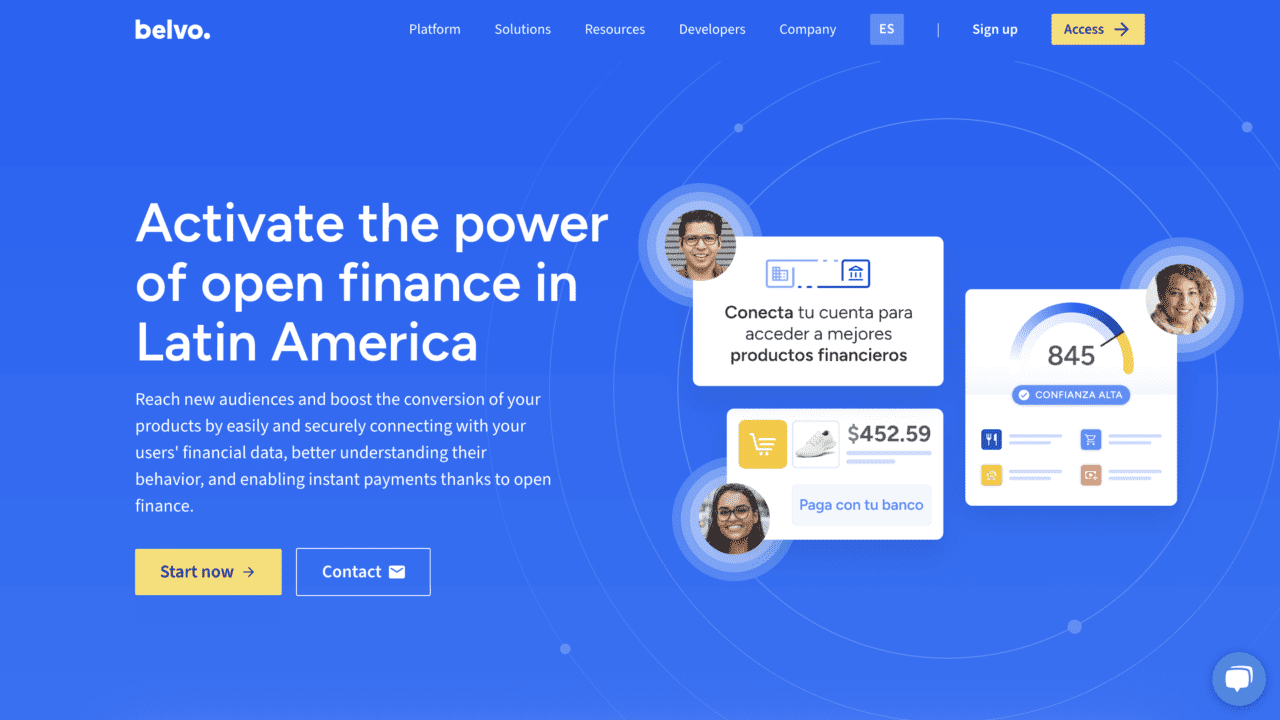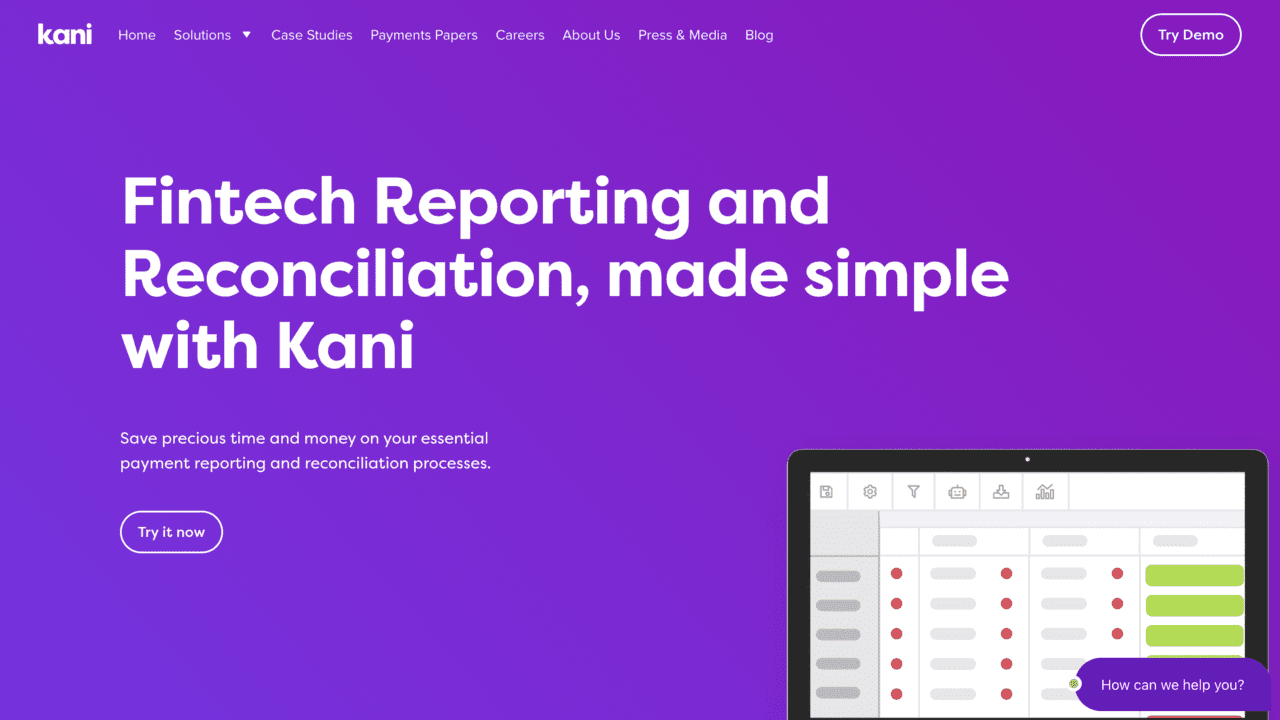
- In partnership with Avaloq, Liechtenstein-based international private bank LGT has implemented a new standard to give financial intermediaries real-time access to investment positions and transaction data.
- The new standard, OpenWealth API, was implemented in collaboration with Synpulse8, the integration specialist of Synpulse.
- Based in Switzerland, Avaloq won Best of Show at FinovateAsia 2018.
In collaboration with Avaloq and Synpulse8, Liechtenstein-based private bank LGT has implemented a new standard that will make it easier to provide financial intermediaries with real-time access to LGT’s investment positions and transaction data. The new standard is called OpenWealth API and will help the custodian bank better serve its customer base of independent asset managers, multi-family offices, and fund companies with customized investment solutions, personal advice, and fast order processing.
“With this latest joint innovation, LGT is taking a leading role in helping to create a more interconnected financial marketplace while enhancing the value that financial intermediaries deliver for their investors,” Avaloq Chief Technology Officer Martin Büchi explained.
The partnership between Avaloq and LGT extends back nearly 20 years, when the bank first adopted Avaloq’s core banking solution, Avaloq Core. The OpenWealth implementation was conducted in partnership with technology and integration specialist Synpulse8, a division of Synpulse. Synpulse is the founder and orchestrator of the OpenWealth Association, the standardization body for OpenWealth. The standardized connectivity made possible by OpenWealth will lower operational risks for financials and empowers intermediaries to keep their platforms updated with more timely and accurate data than can be provided via daily batch processing.
“The standardized solution will ensure that our partners have access to the latest data to better serve their clients,” LGT Bank AG Executive Board member Markus Werner said. “We look forward to strengthening our long-term partnership with Avaloq in the coming years and to continuing our joint development activities for enhanced connectivity with financial intermediaries globally.”
Founded in 1985, Avaloq provides technology solutions to private banks and wealth managers, investment managers, retail and commercial banks, as well as challenger and neobanks. The Switzerland-based company won Best of Show at FinovateAsia 2018, and has since grown into an international financial services solutions provider with more than 160 clients in 35 countries and $4.4 trillion (CHF 4 trillion) in client assets managed by Avaloq software.
The company’s signature solution is Avaloq Core, a core banking solution for private banks and wealth managers. Avaloq also offers three standalone digital products lines: Avaloq Engage, Avaloq Wealth, and Avaloq Insight. Avaloq Engage helps institutions boost client engagement. Avaloq Wealth supports the entire client journey in wealth management from prospect to trusted relationship. Avaloq Insight offers technical and business users access to insightful data from their banking systems. Avaloq was acquired by Japan-based NEC Corporation in the fall of 2020.
This spring, Avaloq announced the retirement of Co-CEO Thomas Beck, with Martin Greweldinger taking over the role of Avaloq Group CEO. Beck had served as Co-CEO with Greweldinger since the spring of 2021, having joined the company in 2012.
Photo by Ondrej Bocek on Unsplash
















